As a history major, you will uncover insights and perspectives from the past to better understand the present. Through working directly with artifacts of the past — from letters exchanged during the Holocaust to the genealogical records of a local African-American community — history will come alive in your hands.
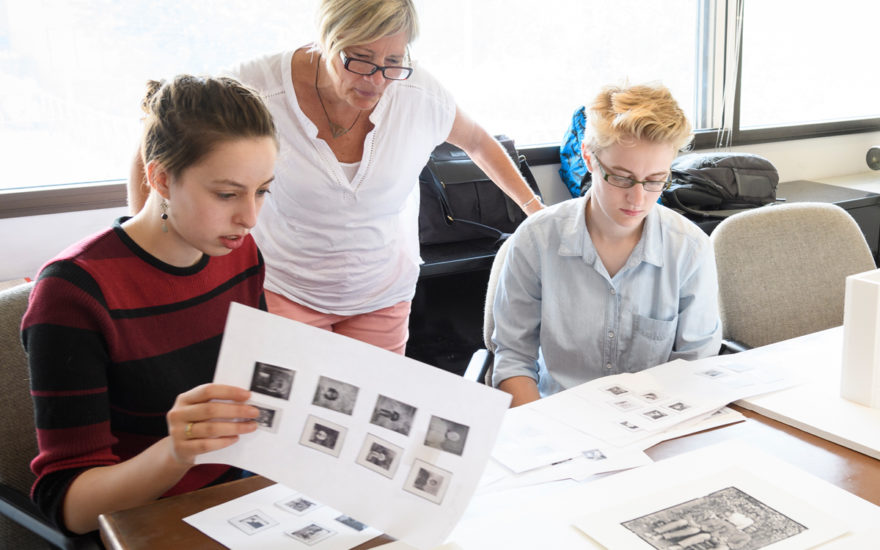
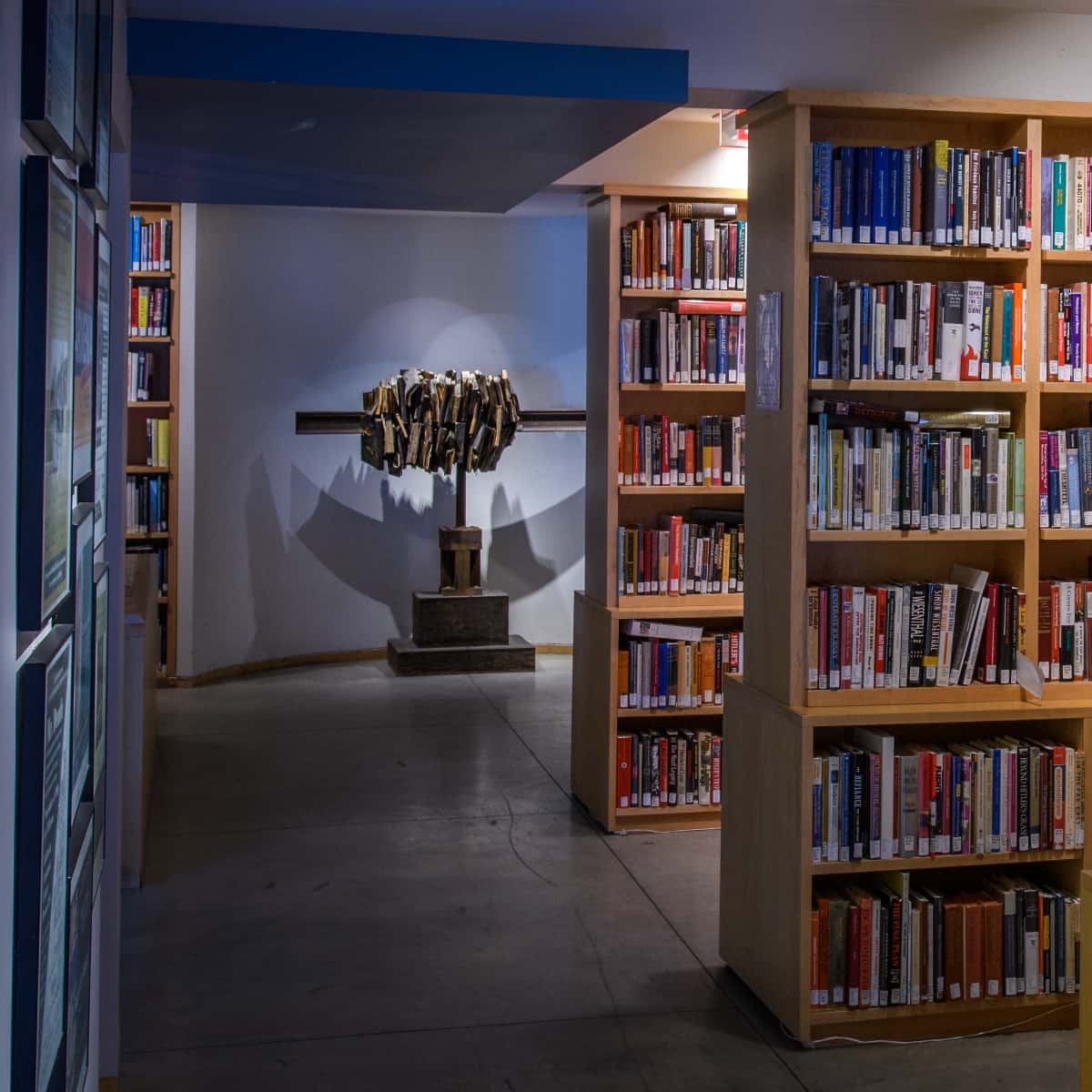
Why study history at Clark?
- Research and analyze historical events with faculty known for their extensive work in the fields of U.S., European, and global history — including Holocaust and genocide studies, African-American history, the history of the Atlantic world, and the history of women and gender.
- Complete exciting internships and research projects at archives and museums in the U.S. and abroad — from the Worcester Historical Museum and the Worcester Art Museum to the Smithsonian Institution and the British Museum in London.
- Experience United States history through original documents and real-life scenarios made possible by our close ties with Worcester’s prestigious American Antiquarian Society and Old Sturbridge Village in nearby Sturbridge, Mass.
- Understand the complex world in which we live by studying how it came to be.
4 + 1—An advanced degree within reach
The 4+1 Accelerated Master’s provides an opportunity to earn a pathway to a master’s degree — with one year of additional study and available tuition scholarships. Consider the following options for this major:
- Apply
- Request Info
Are you ready to take the first step?
Featured Courses
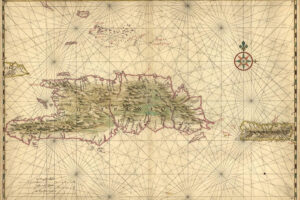
Pirates and Smugglers in the Atlantic World
Explore the history of piracy and privateering in Atlantic waters — especially the Caribbean, and how these practices served as a means for northern Europeans to seize and smuggle American crops and precious metals.
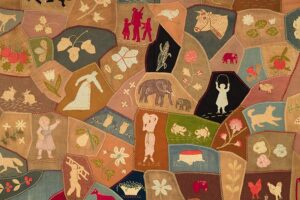
African American History to 1865
This course introduces students to the most important events and issues African Americans confronted as they struggled for equality and “freedom” in the United States prior to 1865. We will analyze and discuss the black experience using a variety of sources. Topics include the Atlantic slave trade, evolution of African American communities and culture, the […]
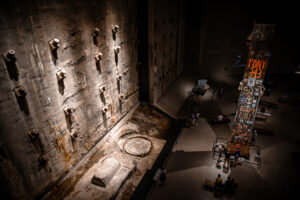
9/11 in Fact and Fiction
How do Americans assess the events of 9/11? You’ll visit Ground Zero, take oral histories, read and watch depictions of the events, and place them in historical context to make sense of conflicting memories.
Your faculty adviser will work with you to design a history program that fits your interests and goals. All history majors are required to take ten history courses, along with two related non-history courses, distributed as follows:
- The course Writing History, to gain familiarly with different types of historical writing and the issues involved in researching and writing historical studies
- One course each in United States, European, and global history
- One course devoted primarily to the period before 1800
- Five courses in your chosen area of specialization, which may be a geographic specialization in U.S., European, or global History, or a thematic specialization that is comparative or transnational in its approach
- A senior-year capstone course, designed to bring together all you have learned in your specialization; this requirement can also be fulfilled by entering the honors program and writing a thesis
- Two courses outside the History Department in fields related to your area of specialization
At Clark you’ll get more than a great education; you’ll also be prepared for a long, productive career and life of consequence. And once you’ve completed your degree, you can join other Clark alumni who have gone on to work for great organizations and attend some of the best graduate schools in the world.
Government, International Affairs, and Law
Non-Profit, Human Services, and Education
Elementary, Secondary and University Teaching, Administration
Education
Assistant County Attorney
Minneapolis, Minn.
GIS Analyst
Smithsonian Museum of National History, Washington, D.C.
Executive Director
Panzi Foundation USA
Development Coordinator – Donor Relations
Children’s Hospital of Pittsburgh Foundation
- University of Nebraska, Lincoln; Boston College; Ph.D. in United States history
- University of Glasgow; University of Chicago; Ph.D. in European history
- University of Indiana; Ph.D. in Jewish history
- University of Illinois at Urbana-Champaign; Ph.D. in Middle Eastern history
- Haskoli Islands University, Iceland; M.A. in medieval Icelandic studies
- Columbia University; Ph.D. in organizational psychology
The Clark Experience
The Clark Experience brings together the exceptional education you’ll receive in the classroom and so much more. Through focus and flexibility, it ensures you’ll leave Clark with the creativity, confidence, and resilience to succeed and lead a life of meaning and consequence.
Frequently Asked Questions
What can I do with a major in history?
At Clark you’ll get more than a great education; you’ll also be prepared for a long, productive career and life of consequence. And once you’ve completed your degree, you can join other Clark alumni who have gone on to work for great organizations and attend some of the best graduate schools in the world.
What skills will I learn?
- Research: how to find primary and secondary sources, and how to frame research questions
- Analysis: learn what constitutes valid historical evidence, how to analyze that evidence, and the arguments made by historians to construct your own arguments
- Quantitative data management and time management: how to manage quantitative information and organize research projects to complete them on time
- Strong writing: synthesize material and learn to develop your ideas to express them clearly, a key skill for any future job
- Understanding our world: learn how the present has come to be, and gain insight into the workings of modern society, culture, politics, and the economy
Are there academic achievement awards for history majors?
George A. Billias American History Prize
This award was established by Clark alumni Michael and Lisa Klein Leffell to honor Professor Billias and the undergraduate student who has written the best essay in American history.
H. Donaldson Jordan Essay Prize
The H. Donaldson Jordan Prize is awarded to an undergraduate student for the best essay on a historical topic.
H. Donaldson Jordan Prize for Excellence in History Outside the Classroom
Paul Lucas European History Prize
This award was established by Clark alumni Michael and Lisa Klein Leffell to honor Professor Lucas and the undergraduate student who has written the best essay in European history.
Is there an honors program for history majors?
During your junior year, you might be accepted into the history honors program. Joining the program means you’ll work closely with a professor to create a thesis on a topic of your choice. Examples of recent honors thesis topics are:
- “I Went Down Exactly to Where People Were”: Women in the Palestinian Nationalist Movement, 1987-2005
- Washed Ashore: Black American Whalemen at Home and Abroad
- The Political Role of Public Opinion in the Soviet-Afghan War
- Confronting the Past: The Holocaust as Narrated Through Facing History and Ourselves
- Women Push to Adapt Judaism as Seen Within Jewish Cookbooks, 1889-1935
Be a force for change.
Come study at a small research university with a strong liberal arts core.

